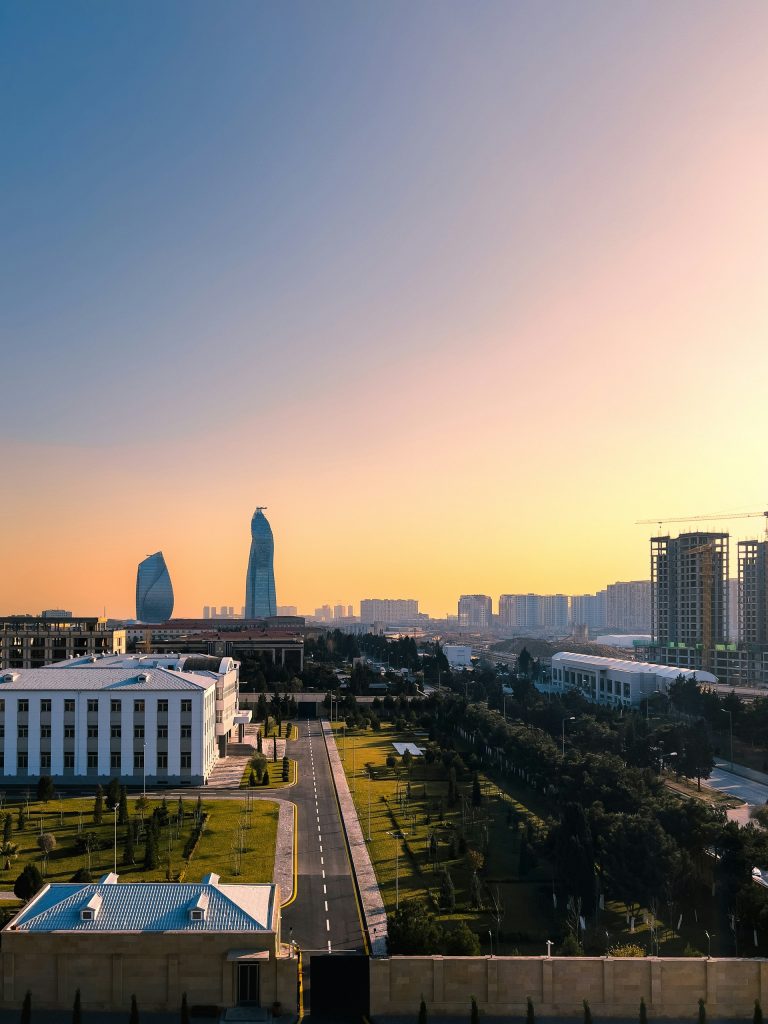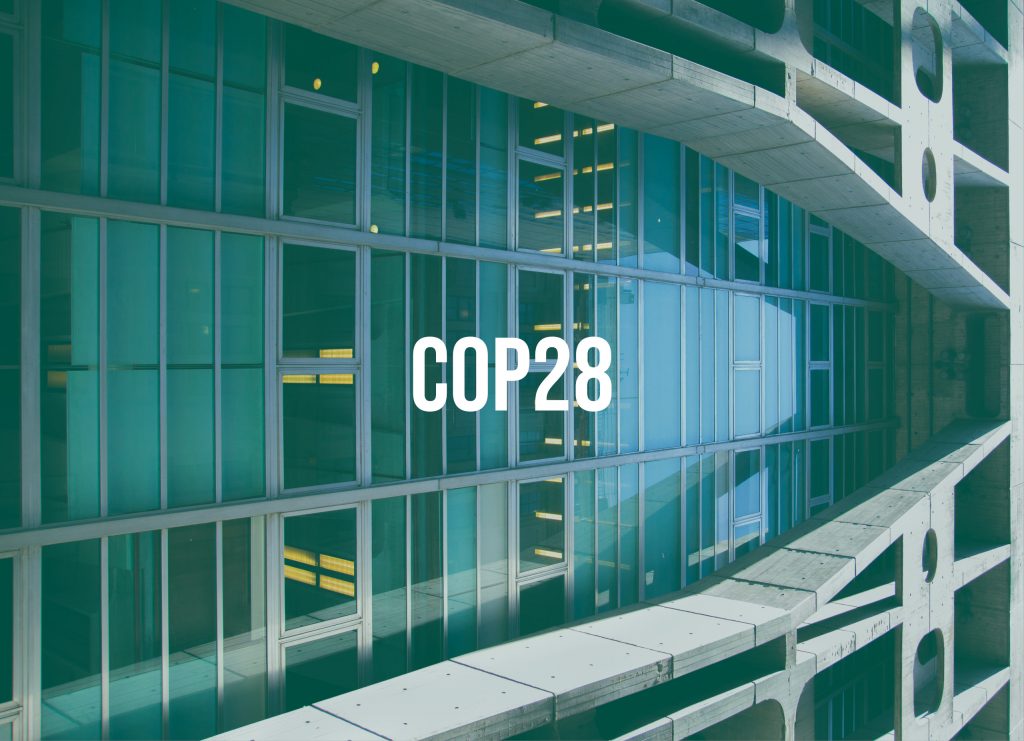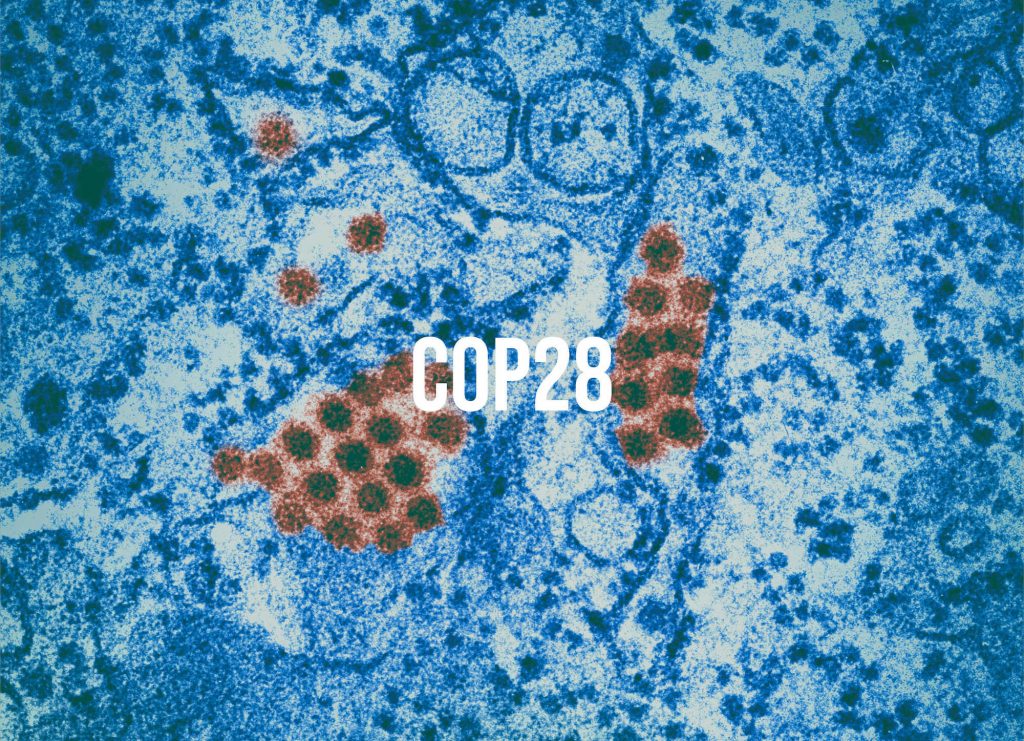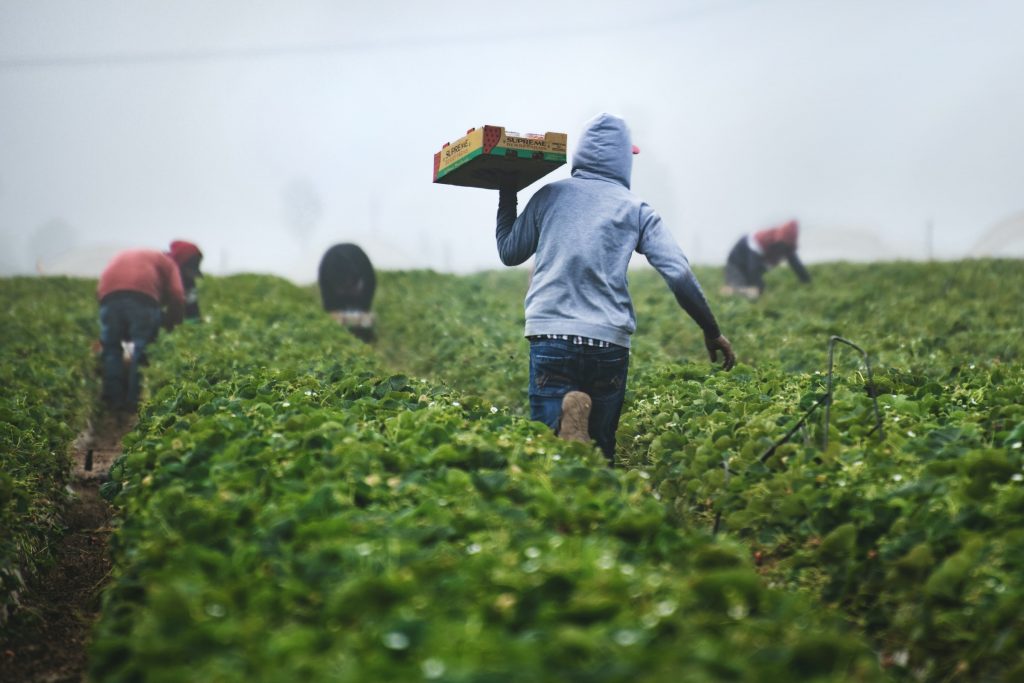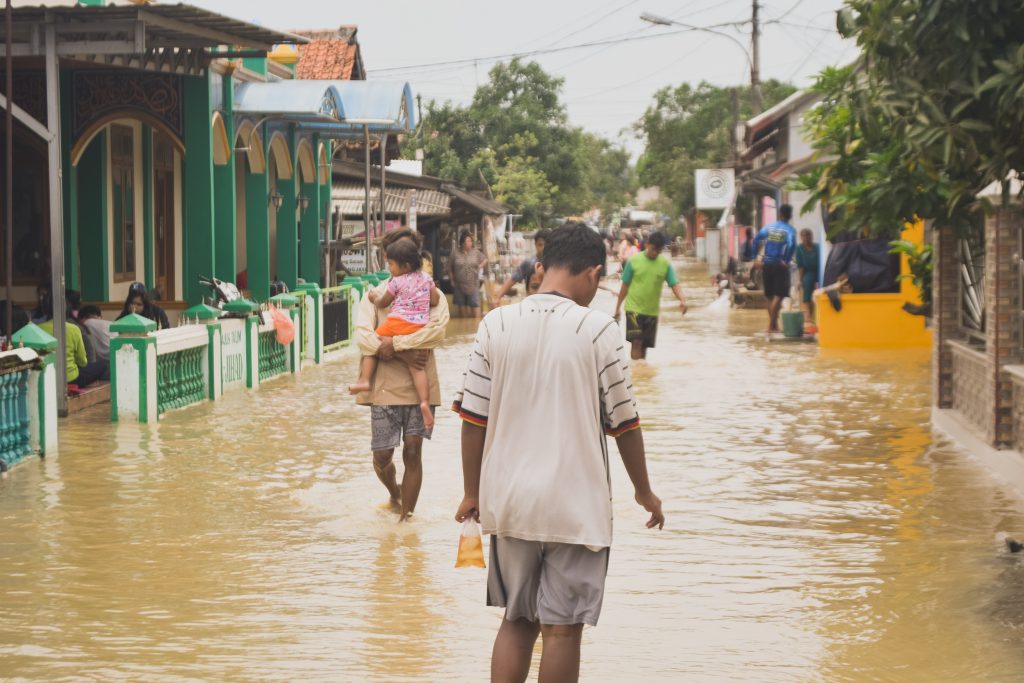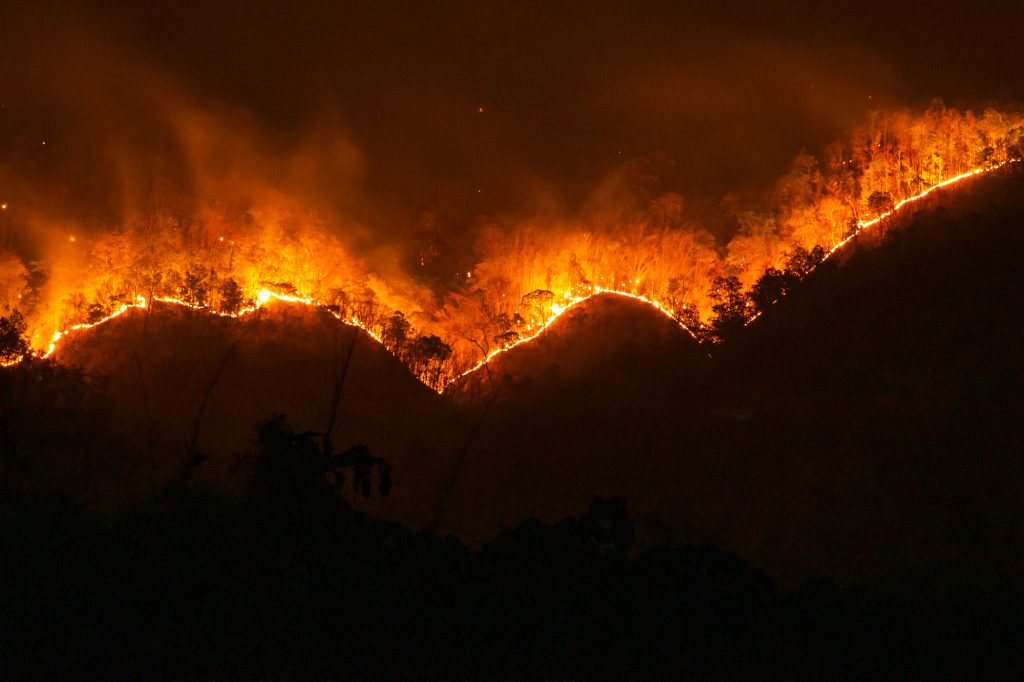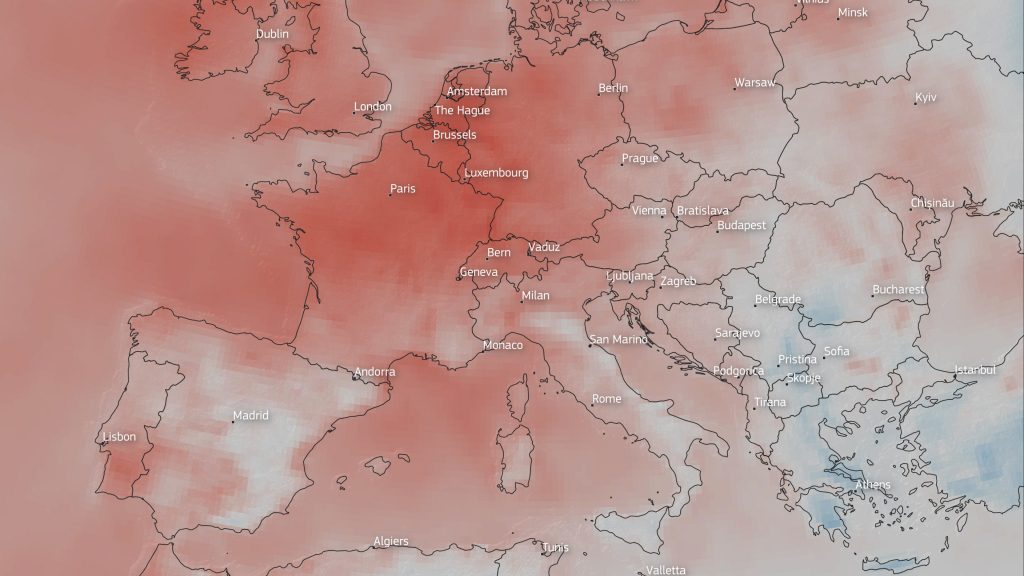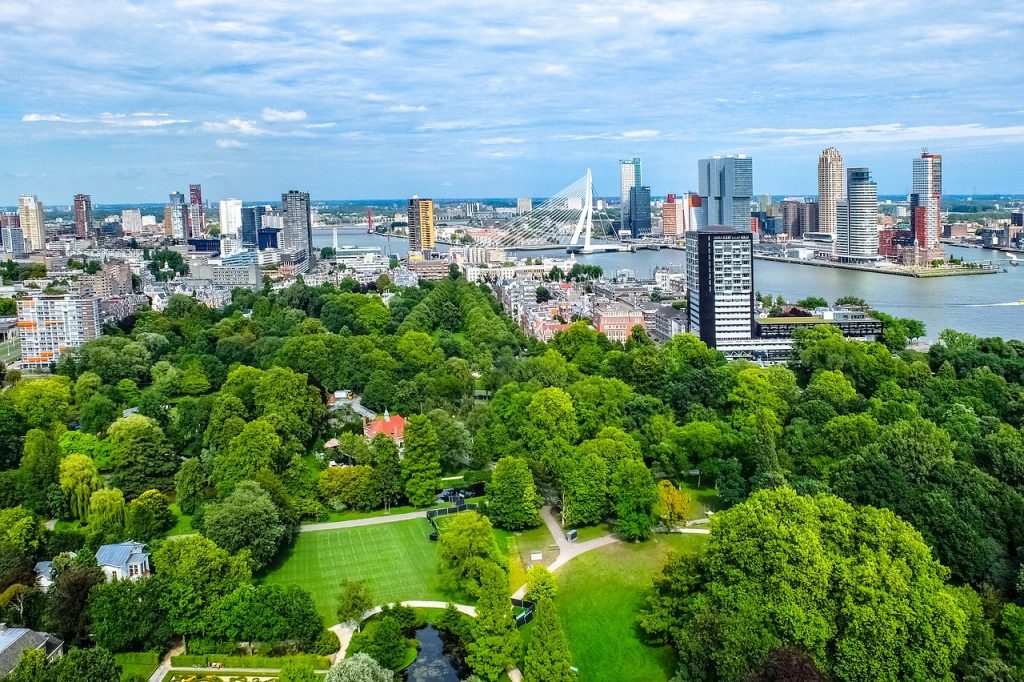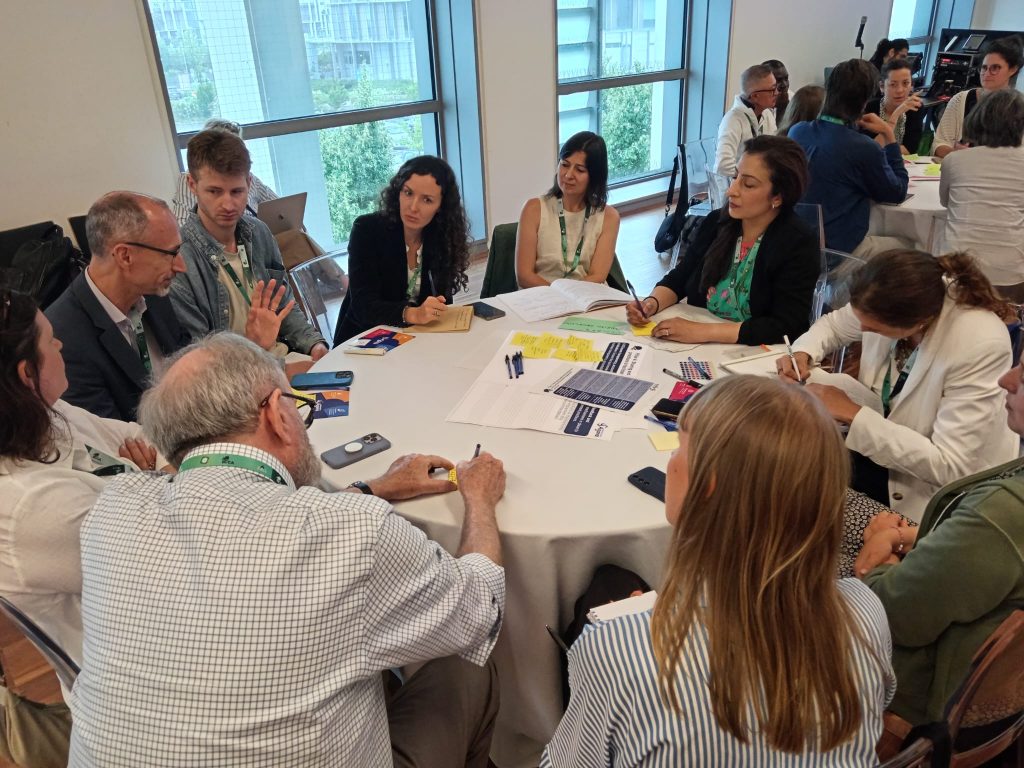
No adaptation without community engagement
The key takeaway from day two at ECCA2025 is simple: communities need to be involved in the entire adaptation process. Not just as recipients of information, but as active partners that help shape solutions. “This is all about people,” says Philippe Tulkens of the EU Mission on Adaptation to Climate Change. It’s not about top-down strategies, but about building trust, enabling dialogue, and overcoming barriers together. Engagement is a two-way process that involves listening, adapting, and co-creating. The second day of ECCA was rich with discussions on engagement, trust, and resilience.

